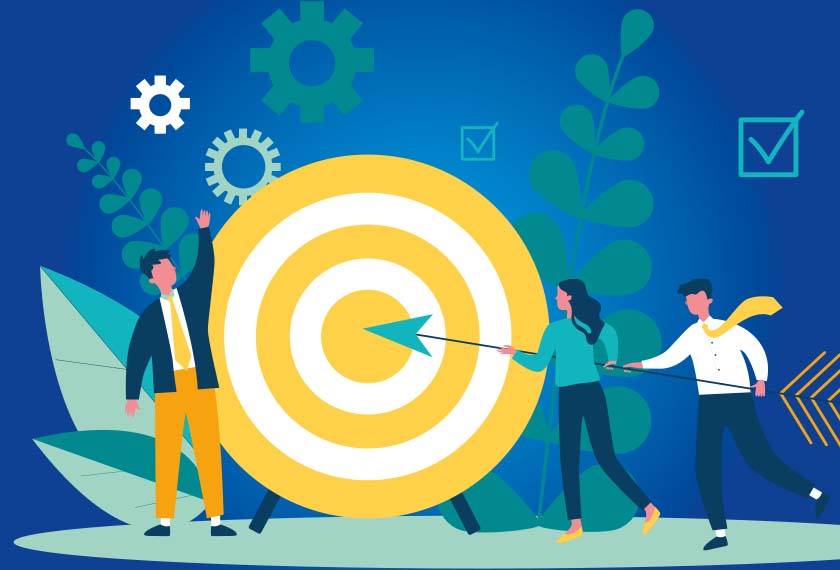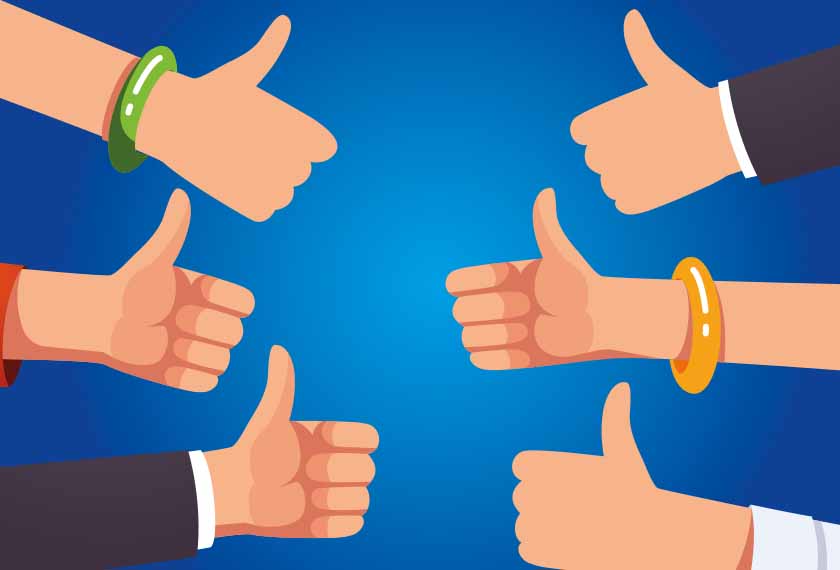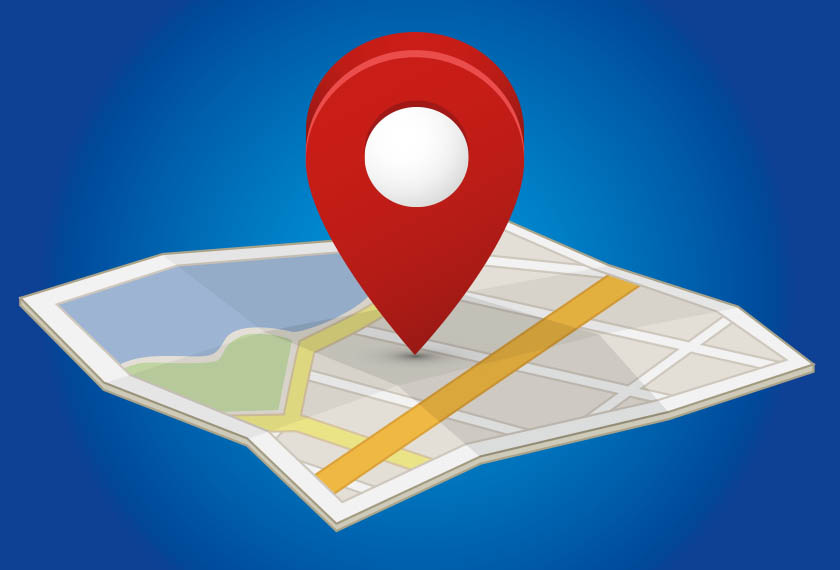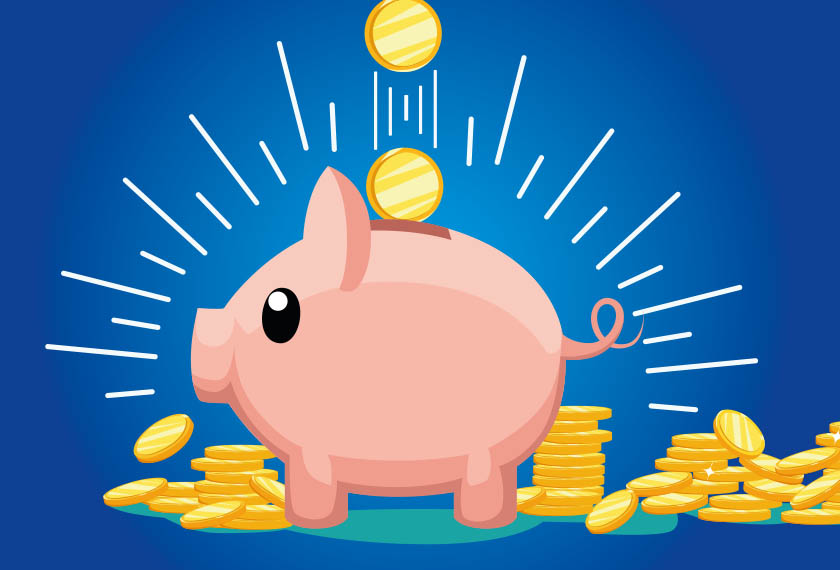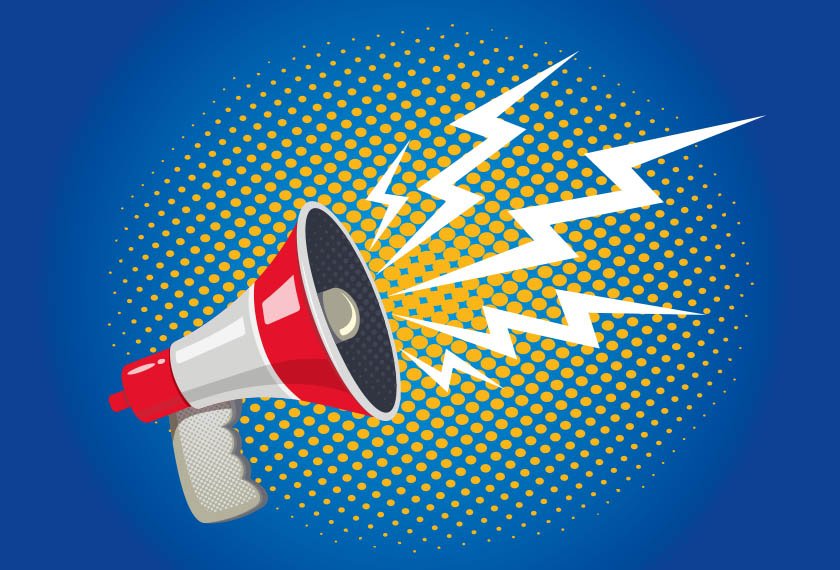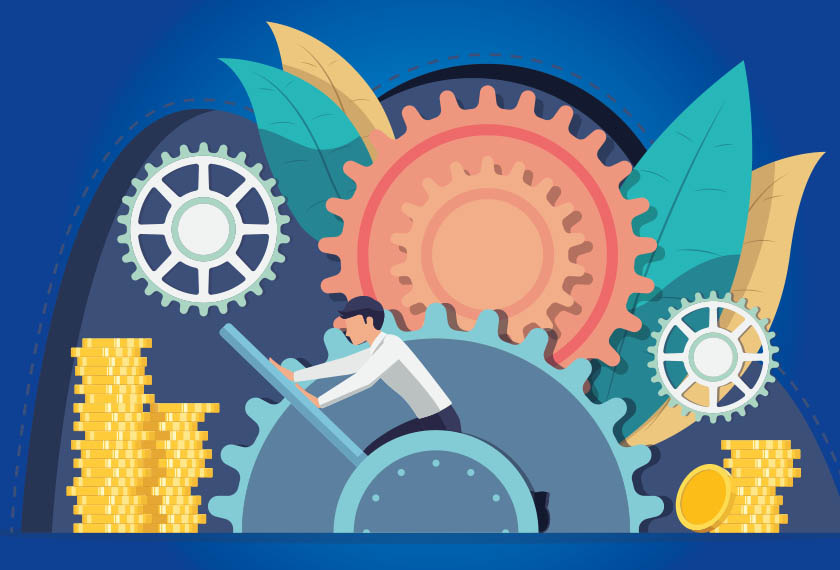Evaluation and reporting
Page updated on: 29/01/2024
The final stage of events management is the evaluation of the events outcomes and the processes employed to achieve set outcomes. The fundamental purpose of event evaluation is to identify positive and negative practices with a view to improving future performance, (financial, environmental impacts, or overall operation of the event).
If specific aims and objectives were set at the outset of the planning process, then evaluation will also seek to establish whether those targets have been met and if not then why? The other purpose of evaluation is a reporting mechanism, to gather data to allow feedback to different stakeholders involved in the event relative to their interests. For example, the local council and retailer’s association may be interested in the number of people who attended the event and where they came from i.e. the proportion from the local community and those from further afield.
A key issue to remember is that evaluation is not something which happens at the end of the event, it must be incorporated into the planning of the event, so resources are allocated, the correct questions are asked and data collected. Key questions you should ask include:
- What data is needed e.g. visitor numbers, financial data, satisfaction, motivations
- Related to the events objectives what are the key performance indicators?
- How, when and by who is the data to be gathered e.g. observation, surveys, questionnaires, before, during or after?
- How is it to be analysed e.g. by themes or issues or statistical analysis? What format will be used in the final reporting, for example debriefing meetings or a final report covering all areas?
- You also need to consider who will be interested in the event and its outcomes?
Once you have answered the above questions you can begin to collect the appropriate data and feed it into your subsequent analysis. Examples of factual data you may collect include:
- Sales figures – tickets, merchandise, catering, auction, raffle
- Timing of sales
- Number and value of sponsors
- Number of adverts, social media likes, media utilised
- Accidents, complaints, etc. reported
- Adherence to schedules (event planning, implementation, and promotion)
- No. of exhibitors / retailers / concessions
- Financial reports and accounts
- Visitor and participant statistics – attendance, profiles (exit surveys, tickets collected)
As evaluation is also about process and more subjective elements you can also gather data from the following:
- Questionnaires and exit surveys
- Focus groups and interviews
- De-briefing sessions – venue, staff, contractors
- Performer feedback
- Venue feedback
- Observation and word of mouth
- Media reports and publicity
- Social networking and interest websites
Evaluation may take a basic form comparing key facts and figures on this year’s event with last years or it could involve a much more complex analysis of impacts arising from the event. Whatever form your evaluation takes and the measures you choose to focus upon you should always seek to generate some outcomes from the evaluation process which could encompass some or all the following.
- Report/s on event outcomes for distribution to stakeholders
- Report to the media on outcomes and achievements
- Recommendations for refinements and improvements to be carried forward to next event
- Thanks to staff, participants, and other stakeholders for support



